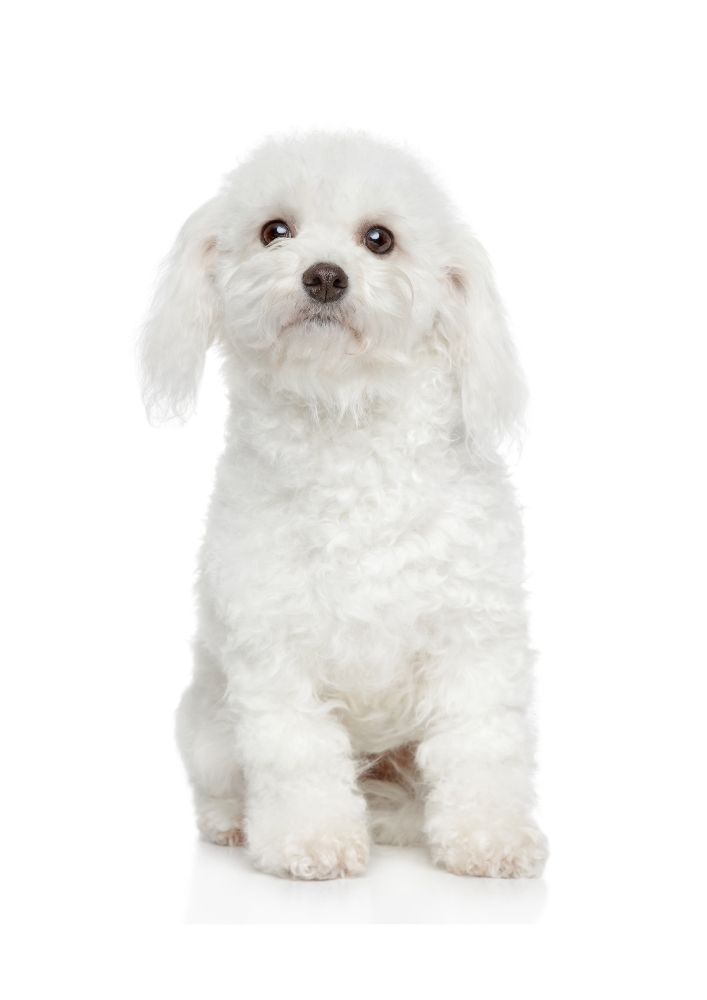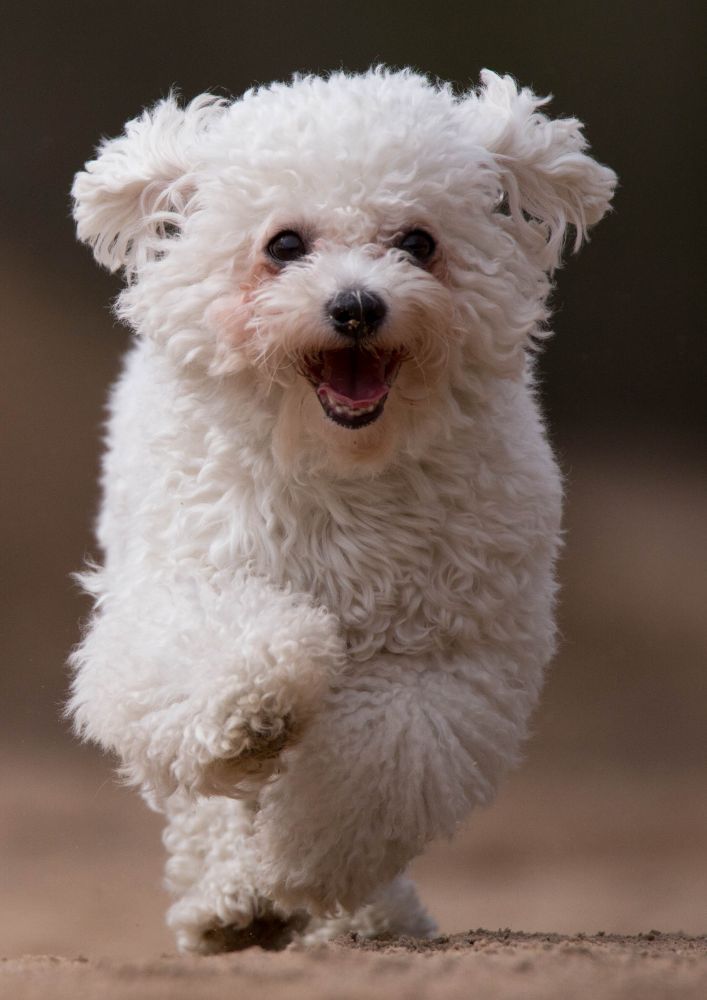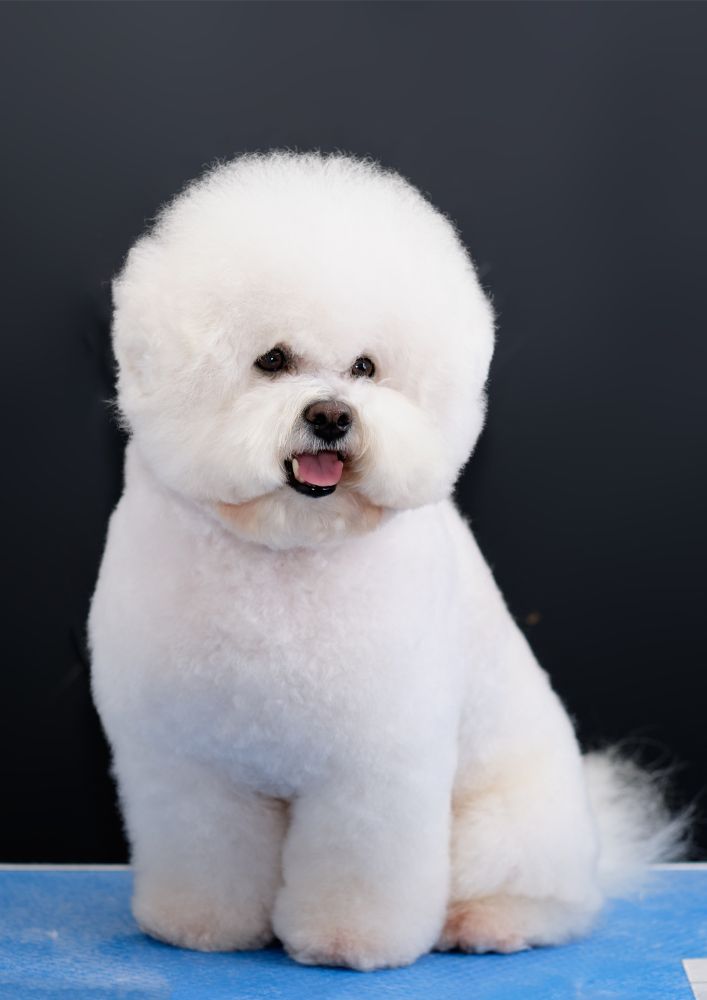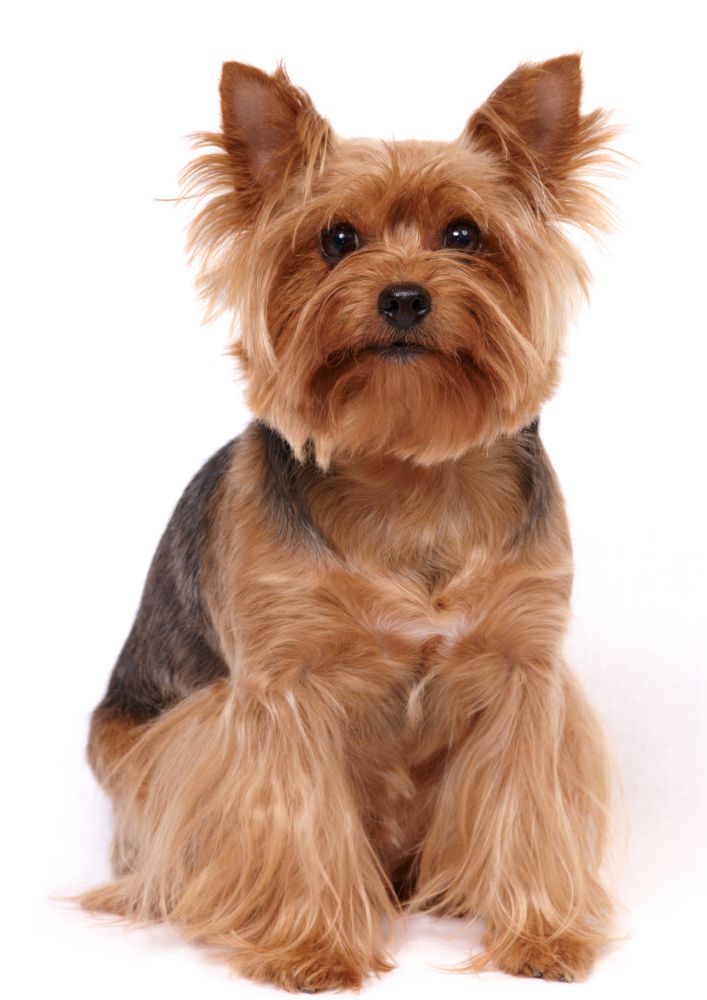Everything You Need to Know About the Bichon Frise

Bichon Frises are one of the most popular and beloved dog breeds worldwide, known for their cheerful disposition, fluffy white coat, and affectionate nature. They make excellent family pets and are also great for individuals looking for a loyal companion.
A Brief History
Bichon Frises have a long and fascinating history that dates back to the Mediterranean region. They are believed to be descended from the Barbet, a water spaniel, and were originally used as sailing dogs. Over time, they became popular among European nobility and were often seen in the courts of Spain, France, and Italy. Their charming personality and adorable appearance have made them beloved companions for centuries.
Appearance and Size
Bichon Frises have a distinctive appearance with their fluffy white coat, dark eyes, and black nose. They have a double coat that is soft and curly, giving them a cloud-like appearance. They are small dogs, typically weighing between 10 to 18 pounds (4.5 to 8 kg). They usually stand about 9.5 to 11.5 inches (24 to 29 cm) tall at the shoulder.
Cheerful and Affectionate
Bichon Frises are well-known for their cheerful and affectionate nature. They are friendly and loving with family members, making them excellent companions for children. Despite their small size, they have a big personality and are always eager to play and cuddle with their loved ones.
Energetic and Intelligent
These dogs are energetic and intelligent, requiring plenty of physical and mental stimulation. They thrive on activities that challenge their minds, such as training games and interactive toys. Bichon Frises enjoy being part of the family’s daily routine and need regular exercise to keep them happy and healthy.
Ideal Living Conditions
Bichon Frises are adaptable and can thrive in various living conditions, including apartments and houses with yards. They do well in smaller spaces as long as they get sufficient exercise. Regular walks and playtime are essential to keep them healthy and prevent boredom.
Compatibility with Family and Pets
Bichon Frises are excellent with children and can get along well with other pets if properly socialized from a young age. Their friendly and gentle nature makes them a great addition to any family. They are patient and affectionate with young children and can be very playful with their human siblings.
Grooming Needs
Regular grooming is essential to manage their fluffy coat and keep it healthy. Brush them several times a week to prevent mats and tangles. Bichon Frises also require regular baths and professional grooming to maintain their iconic look. Regular ear cleaning, teeth brushing, and nail trimming are also important aspects of grooming for a Bichon Frise.
Exercise Requirements
Bichon Frises require daily exercise to stay happy and healthy. They enjoy walks, playtime, and interactive games. Their moderate energy levels need to be managed with regular physical activity. Lack of exercise can lead to behavioral issues such as chewing and excessive barking. Incorporating mental stimulation through training and puzzle toys can also help keep them happy and well-behaved.
Training Tips
Bichon Frises are highly trainable due to their intelligence and eagerness to please. Positive reinforcement methods work best with this breed. They excel in obedience training and can learn a wide variety of commands and tricks. Consistent training from a young age helps establish good behavior and manners.
Social Behavior
Proper socialization from a young age ensures that Bichon Frises grow up to be well-mannered and friendly dogs. Exposure to various people, places, and experiences is beneficial. Puppy socialization classes, regular visits to dog-friendly places, and playdates with other dogs can help them develop into well-adjusted adults.
Common Health Issues
Like all breeds, Bichon Frises are prone to certain health issues such as allergies, hip dysplasia, and dental problems. Regular vet check-ups and a healthy diet can mitigate some of these risks. Additionally, Bichon Frises can be prone to ear infections and bladder stones. Responsible breeders screen for these health issues to produce healthier puppies.
Lifespan and Care
Bichon Frises typically live 12-15 years. Providing them with proper care, nutrition, and regular veterinary visits can help ensure a long, healthy life. A balanced diet that meets their nutritional needs, combined with regular exercise and mental stimulation, contributes to their overall well-being.
Bichon Frises in Work and Service
Bichon Frises are not just beloved family pets; they also excel in various roles. They are often used as therapy dogs due to their gentle and affectionate nature. Their friendly demeanor and ability to bring joy to people make them ideal for visiting hospitals, nursing homes, and schools. Additionally, they can perform well in dog sports such as agility and obedience.
Conclusion
Bichon Frises are cheerful, intelligent, and make excellent companions for families and individuals alike. Their friendly nature and trainability make them a beloved breed around the world. Whether you are looking for a family pet, a therapy dog, or a loyal companion, the Bichon Frise can fill that role with joy and affection.
Considering adopting a Bichon Frise? Check out local shelters or breed-specific rescue groups to find your new furry friend.
Gallery



Quick Facts
- Size: Small
- Lifespan: 12-15 years
- Group: Non-Sporting






